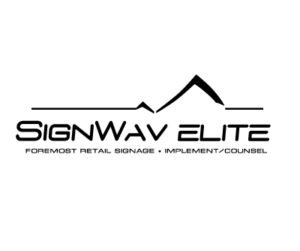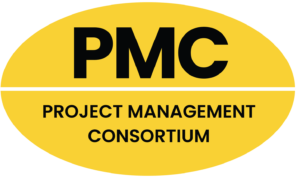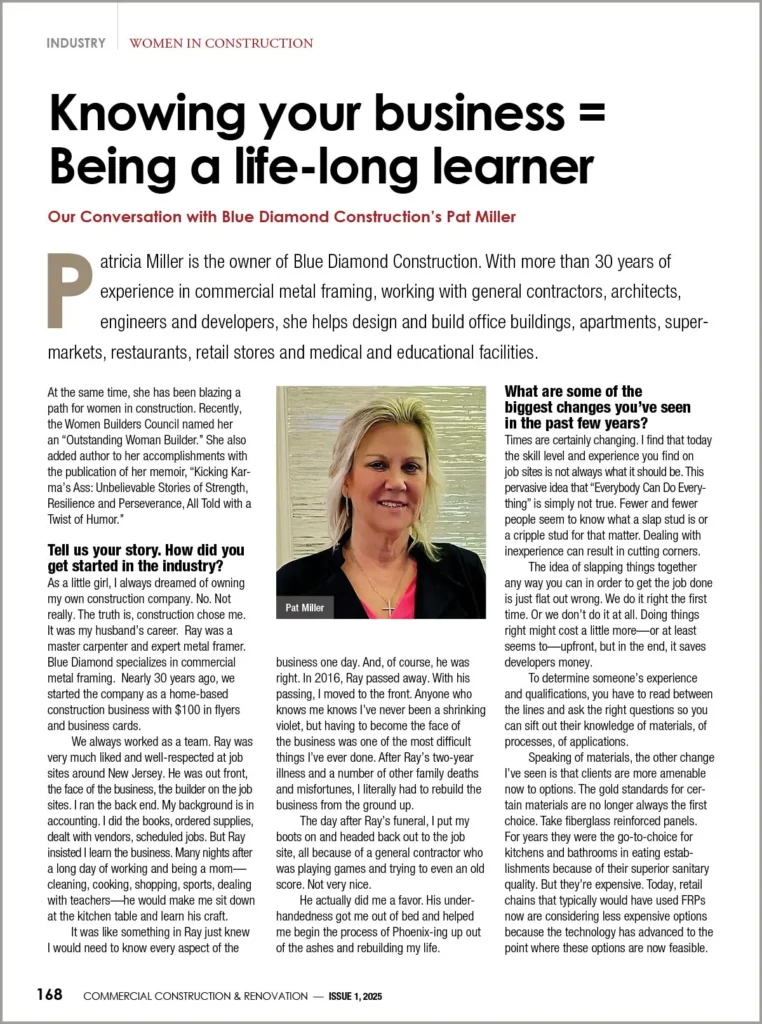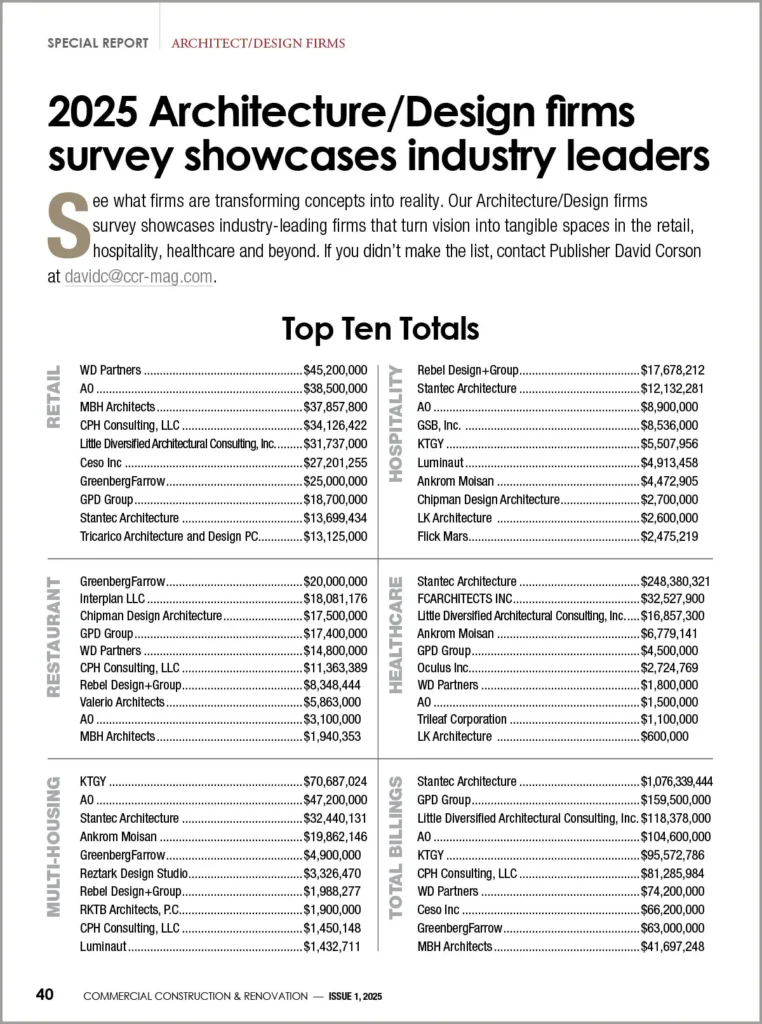Jeffrey Kozek, principal of Resolution Management Consultants (RMC), a nationally acclaimed construction consulting firm, observes that construction companies that develop a Culture of Process Connectivity enhance their performance and reduce litigation risk. Kozek defines “Culture of Process Connectivity” as one that takes the long view with regard to projects and recognizes the connectivity of stages within the complete process. He contrasts Culture of Process Connectivity with a culture of process detachment where each stage, from pre-planning to activity to finish, stands largely on its own, roughly linked on a path towards completion.
Said Kozek, ”unfortunately, there is a common culture in the construction industry that hyper-focuses on each stage and pushes it towards completion, with an eye on quickly moving to the next one. The hope is that deficiencies can be cleaned up in the end. This disconnect contributes to shortcomings that often result in litigation. With a Culture of Process Connectivity, it doesn’t have to be that way.”
Kozek outlines 7 concepts companies can adopt to create a Culture of Process Connectivity within one’s organization:
1) Take the long view on projects
Instead of compartmentalizing construction planning and implementation by stages, companies should consider the whole project and view each stage according to its impact on the end result.
2) When it comes to timelines, embrace reality
Unrealistic time demands put pressure on bids and planning, but in the long run, reality always wins out. Planning for a realistic timeline reduces litigation risk.
3) Respect the pre-planning process
Those who short-change the time and effort spent planning and bidding create the foundation for potentially expensive litigation risk at the end. Investment in the planning and bidding process at the start of a project will always be well worth it.
4) Recalibrate throughout the process
Experience demonstrates that “stuff” happens during construction projects. Therefore, simply setting the course and forgetting it is a recipe for customer dissatisfaction and increased litigation risk. The best practice is to continually review the assumptions and plans throughout the project and adjust accordingly.
5) Communicate with customers continuously
Frequent communications and meetings with customers is the most effective way to manage expectations and reduce the risk of misunderstandings and dissatisfaction.
6) Be proactive
Why wait for problems to happen when being proactive often solves the issue before it causes a problem and leads to more successful outcomes.
7) Make your culture your brand.
Ultimately, the industry values dependability and will value your company because of it.
Notes Kozek, “As litigation gets more and more expensive, adopting a Culture of Process Connectivity is the future for our industry. Those companies that fail to embrace it will be overrun by added costs and energy needlessly devoted to defending against shortcomings which will ultimately capsize their brand.”
About Resolution Management Consultants
Resolution Management Consultants, Inc. (RMC) is a nationally recognized consulting firm headquartered in Marlton, NJ. There are two sides to the business: the construction planning and management aspect − helping clients build more successful projects − and the litigation aspect − should matters go to court, providing analysis and testimony as expert witnesses. Founded in 1993 by veterans in the construction, contracting and engineering professions, RMC has assisted numerous private owners, public agencies and contractors in either achieving project goals or resolving cost and time disputes between the contracting parties.
Website: resmgt.com


























